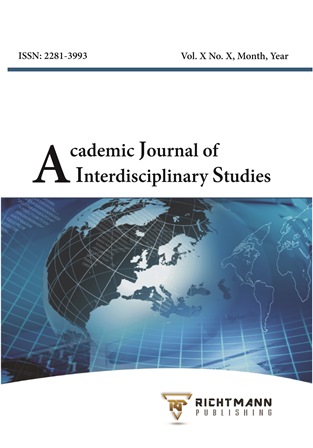Environmental Consequences of Unregulated Sanitation Practices in Urban Watercourse Neighborhoods in Sub-Saharan Africa: A Case Study of Yaoundé City Cameroon
DOI:
https://doi.org/10.36941/ajis-2024-0034Keywords:
Waste management, Pollution, Urban watercourse, Environmental degradation, SanitationAbstract
Rapid urbanization and population growth in developing countries are driving people to settle in high-risk areas. Indeed, because of the very high cost of land in city centers, people prefer to settle in non-Aeficandi areas sometimes. Consequently, this choice results in inadequate sanitation due to the lack of access to basic services, and in turn to poor waste management. The residents of Yaoundé, particularly those living in precarious neighborhoods near urban watercourses, face the challenges of unregulated management of both liquid and solid waste. This situation contributes to the degradation of the urban landscape. The aim of this study is to assess people’s sanitation practices concerning both solid and liquid waste management, examining their impacts on the living environment and susceptibility to environmental diseases. The research methodology encompasses direct field observations, comprehensive documentary research, and surveys of 250 households within the study area. The findings show that people mainly deposited their solid waste in the watercourses that run through their locality and wastewater in the yard or on street. Most latrines are built in proximity to watercourses with holes for the overflow of faeces. As consequences of these practices, the results showed hydrosystem pollution, environmental degradation marked by flooding, and high vulnerability to diseases such as malaria, diarrhea, typhoid fever, respiratory infections and cholera.
Received: 27 September 2023 / Accepted: 18 January 2024 / Published: 5 March 2024
Downloads
Downloads
Published
Issue
Section
License

This work is licensed under a Creative Commons Attribution-NonCommercial 4.0 International License.
This work is licensed under a Creative Commons Attribution-NonCommercial 4.0 International License.








